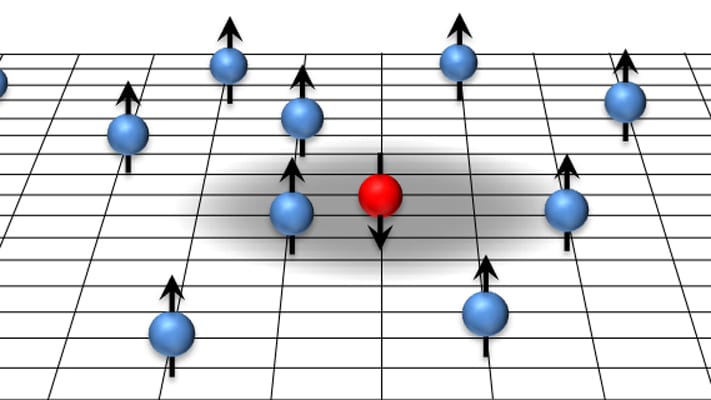physics research
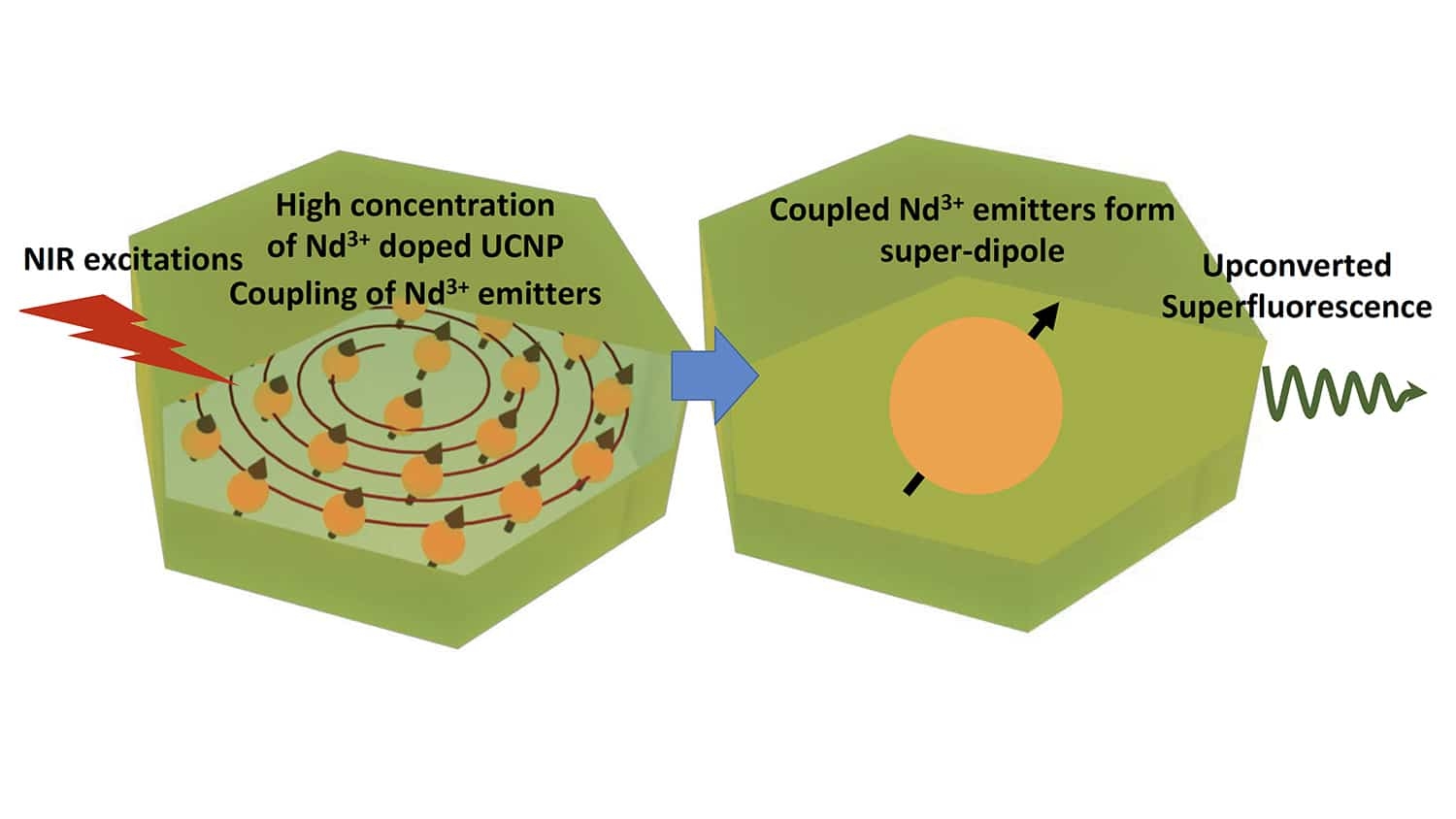
‘Naturally Insulating’ Material Emits Pulses of Superfluorescent Light at Room Temperature

Partition Function Zeros Are ‘Shortcut’ to Thermodynamic Calculations on Quantum Computers
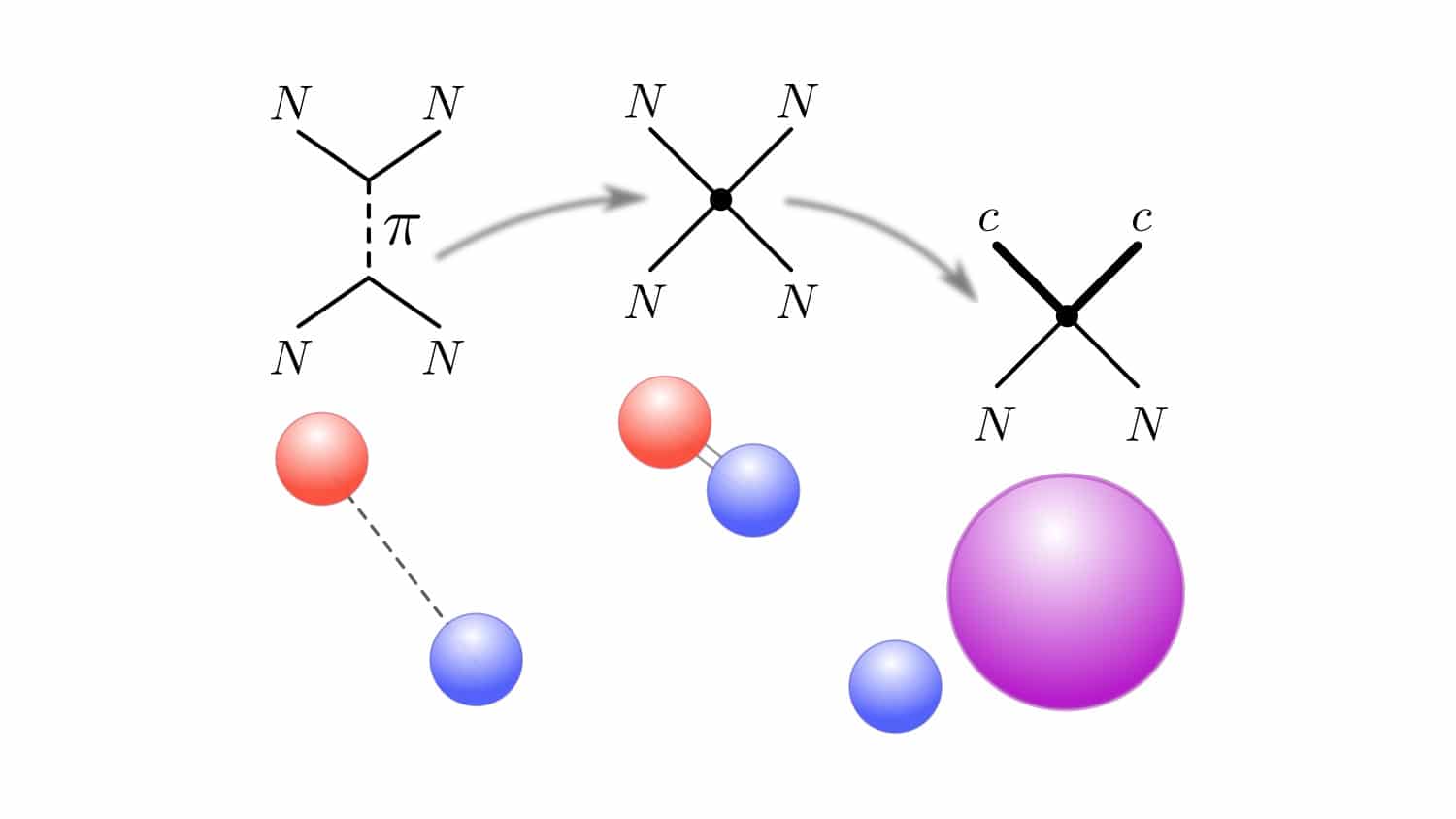
Effective Field Theory: Q&A With Sebastian Koenig
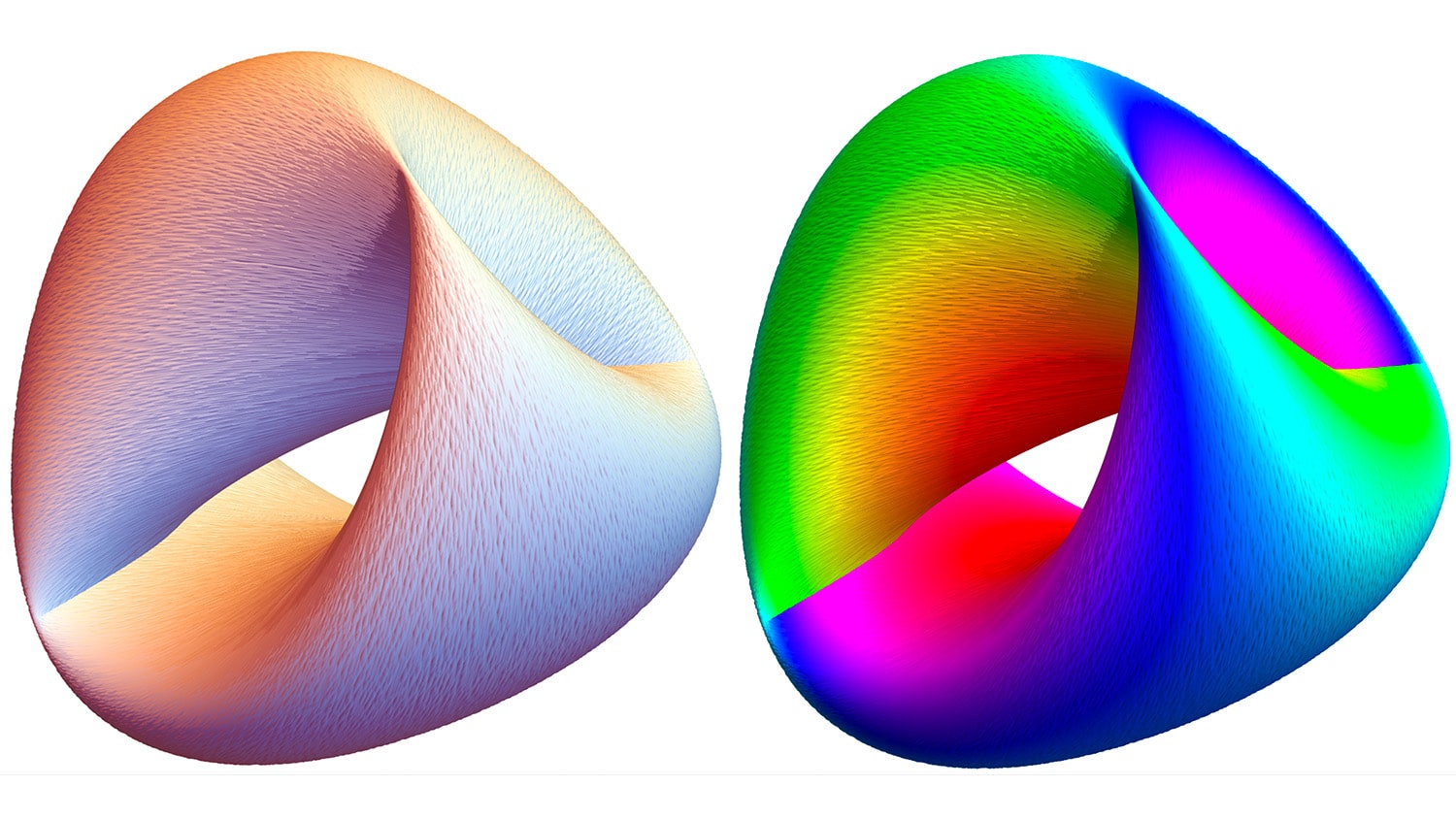
Teaching Physics to Neural Networks Removes ‘Chaos Blindness’

Physicist Thomas Honored as AAAS Fellow, Wins APS Award

Physicist Thomas Named AAAS Fellow

Physicist Thomas Awarded APS Davisson-Germer Prize
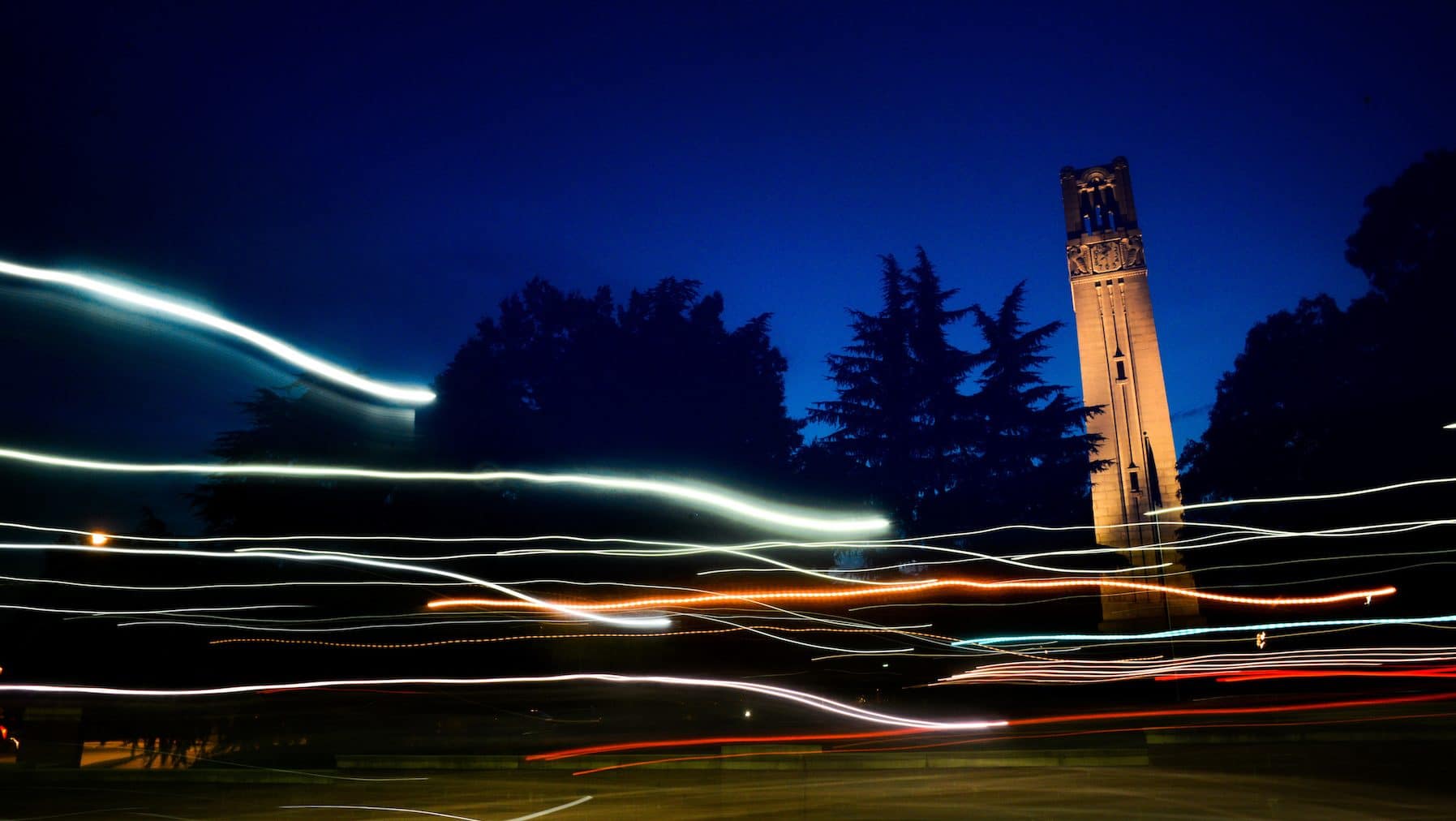
Physicist Richard Longland Receives DOE Early Career Research Award
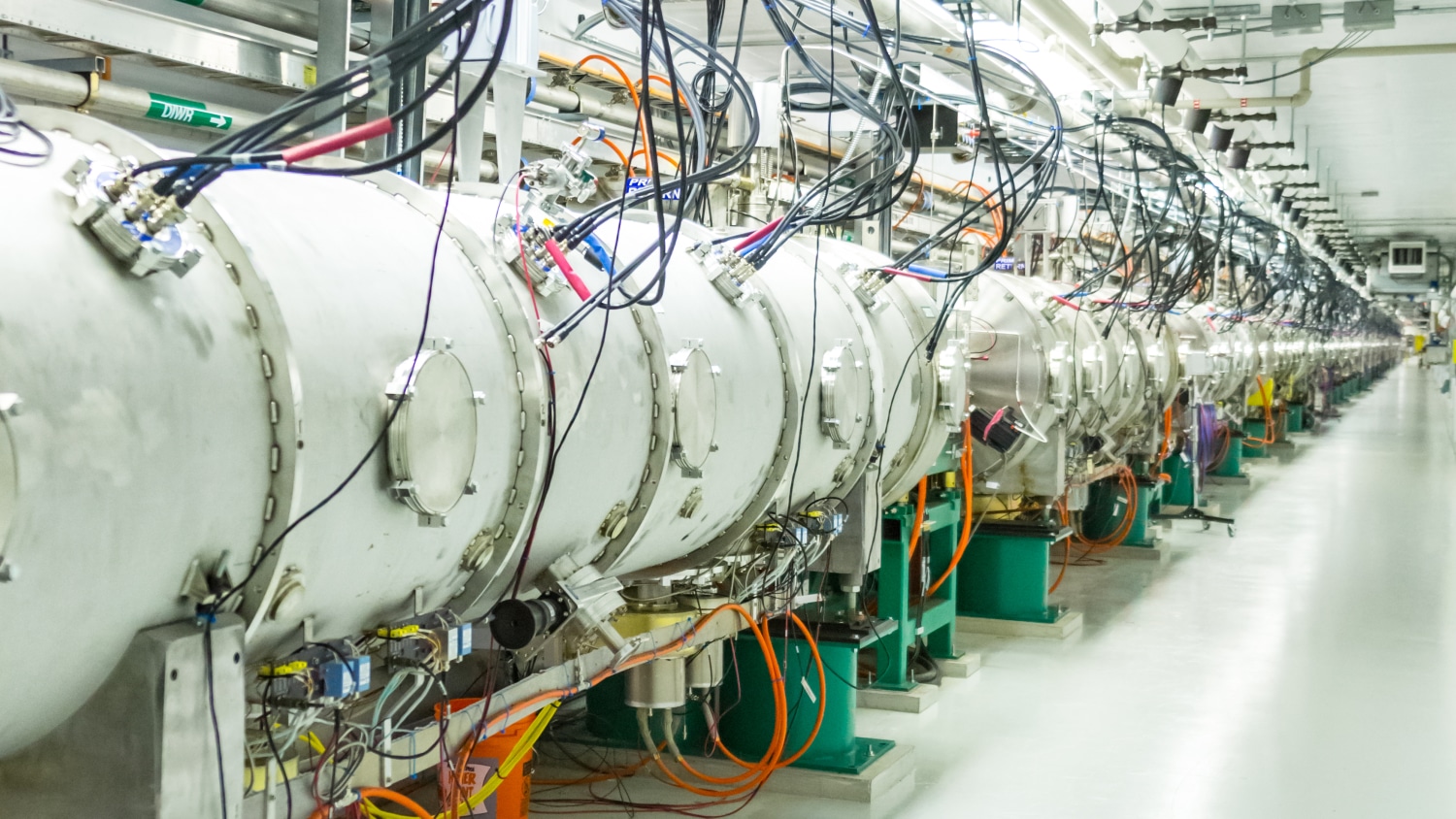
Finding Neutrinos: A Q&A With Physicist Matthew Green
